Homayoon Shirzad (he/him/his)
(Hom-ah-yoon Shir-zad)
Languages: Dari, Pashto, Uzbek, Hazaragi, English and a little bit of Urdu.
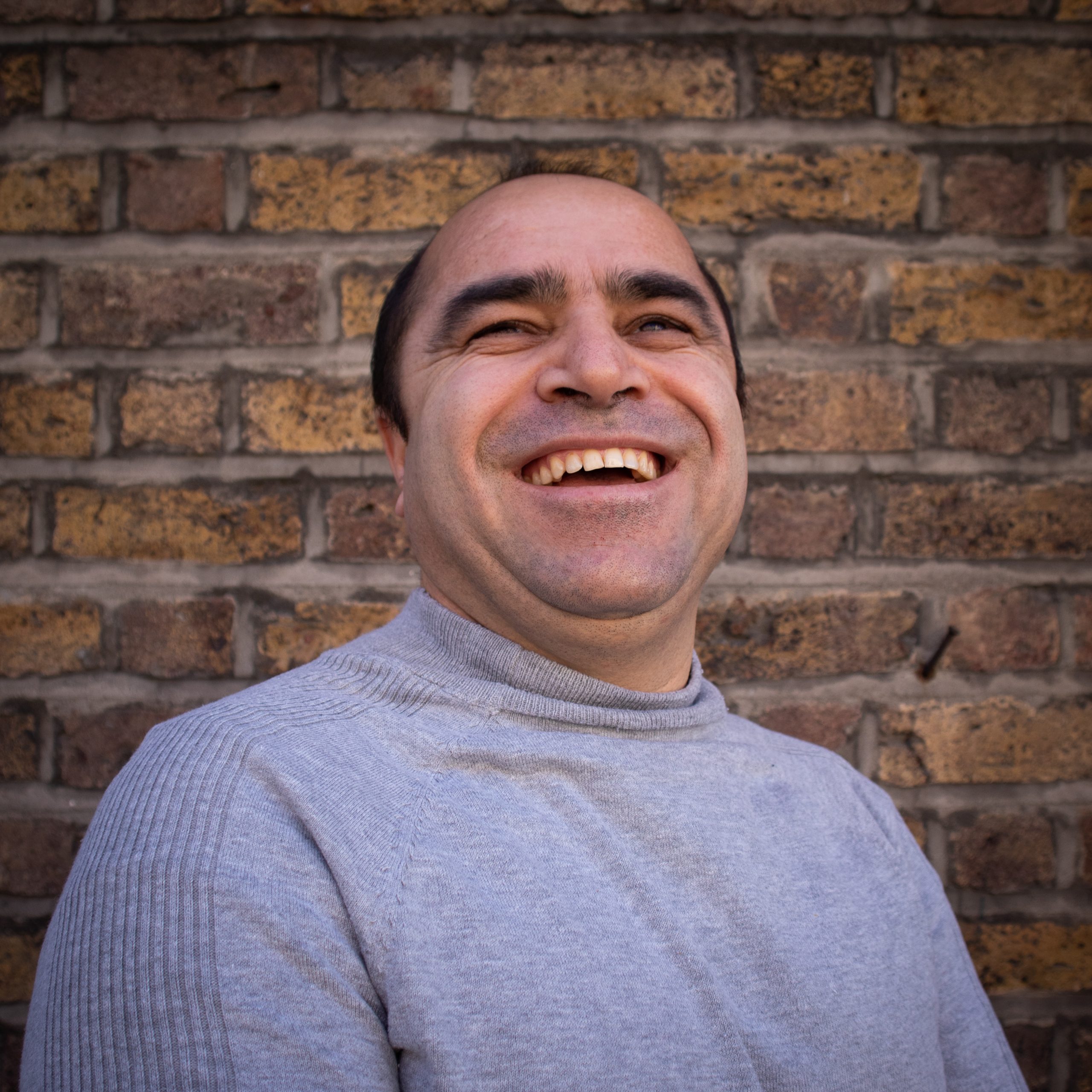
Homayoon arrived in Ireland from Afghanistan in 2016. He is a Humanitarian and Community Work professional with over 19 years of work experience with reputable international organizations in Ireland and abroad. Currently, he is the School of Sanctuary Coordinator for Places of Sanctuary Ireland. Schools of Sanctuary is an initiative to make Irish schools a place of welcome, safety and inclusion for all, and especially for refugees. Homayoon has presented in the Dáil numerous times to positively advocate for refugee issues and holds a master’s degree in International Cooperation and Humanitarian Aid. He is currently pursuing an honours degree in Community Development with the South East Technological University (SETU), in his hometown Waterford. During his downtime Homayoon loves reading, writing, Yoga, meditation and sports. Helping people in the community has been his biggest passion and Homayoon strongly believes in supporting humanity and interculturalism in ways that builds bonds and bridges among people of different races, faiths and communities.
Siphiwe Moyo (she/her/hers)
(Sip-hee-way moy-oh)
Languages: Ndebele, Shona, and English.
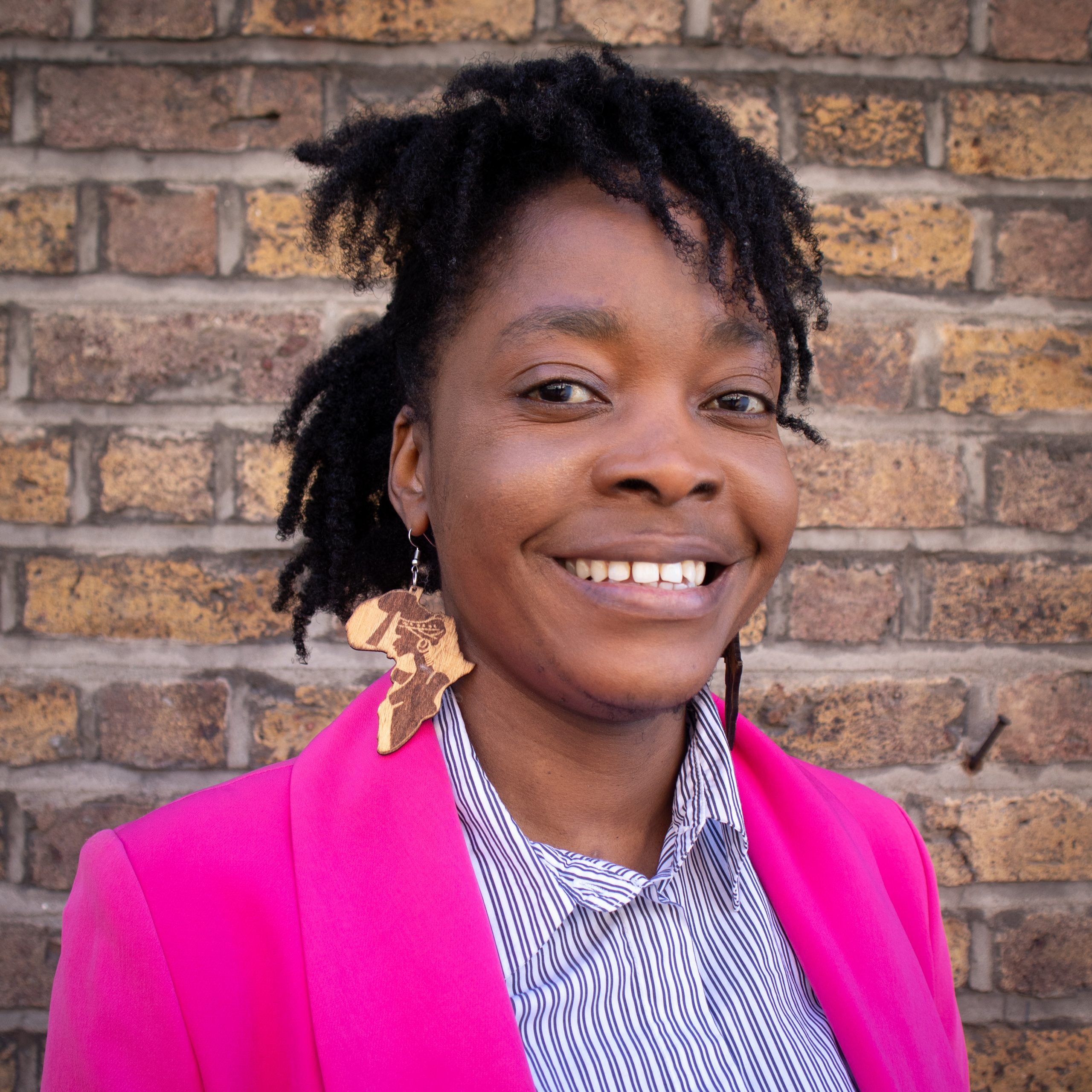
Arriving from Zimbabwe 7 years ago, Siphiwe is now based in Dublin City Centre. She holds a degree in Community and Youth Development with TU Dublin Blanchardstown and is currently pursuing a master’s in Refugee Integration as the next step in her education. She works as a Community Development worker with Empower, as well as training to be an anti-racism facilitaor with the Irish Network Against Racism (INAR). She is also a Bereavement and Support Volunteer with Turas Le Cheile. In her spare time, Siphiwe enjoys theatre, beadwork, poetry, and chess. She is very excited about being a member of the board and is “really looking forward to getting started and making a change”.
Marlon Jimenez-Compton (he/him/his)
(Mar-lon Him-en-ez Comp-ton)
Languages: Spanish and English.
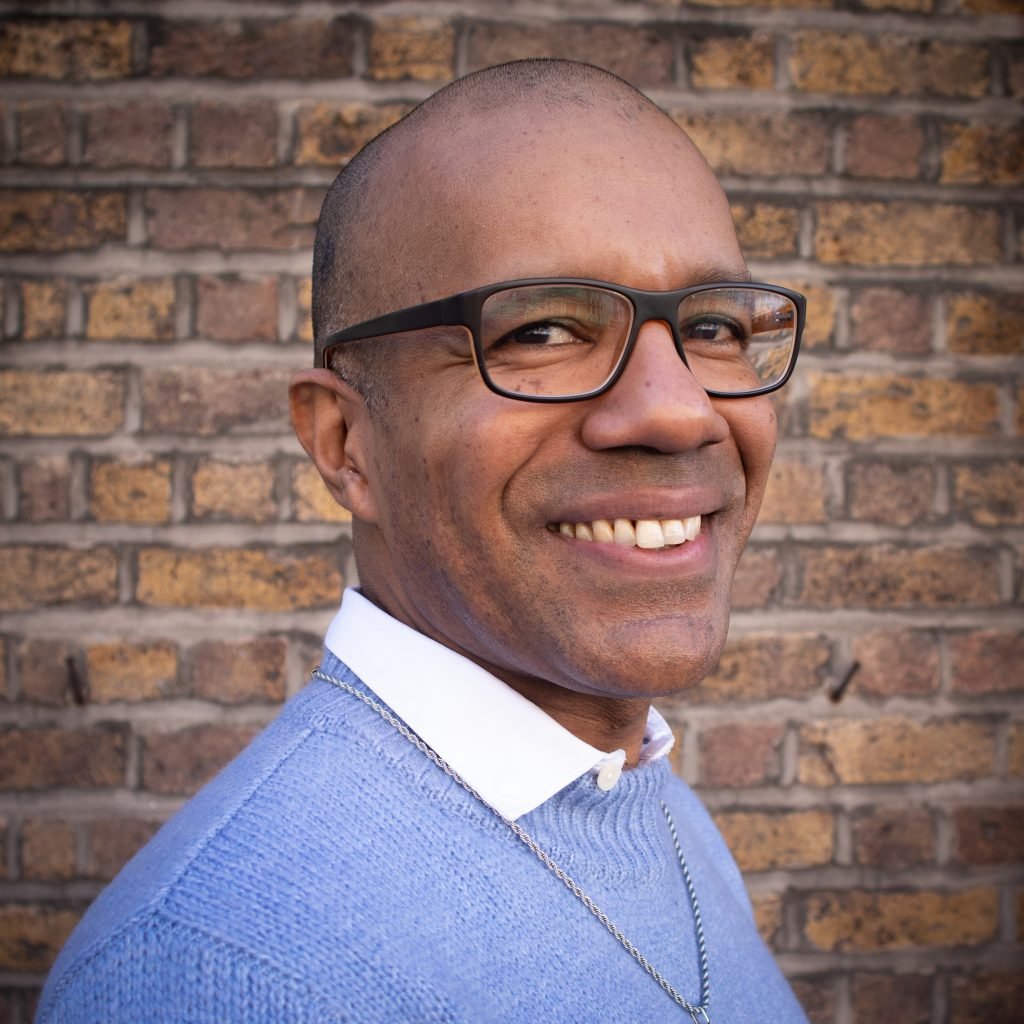
Marlon is from Venezuela and has been in Ireland for 20 years. Now based in Castleknock Dublin, he has his own radio show, The Marlon Show at the community radio Dublin South 93.9 FM. Marlon is a Clerical Officer for the An Garda Siochana and a Smart Recovery Facilitator. Marlon is particularly interested in advocating for survivors of torture because of his experience volunteering with Spirasi, the national centre for the rehabilitation of victims of torture in Ireland. Marlon insists he cannot hold a note but loves to sing and dance. He is looking forward to beginning work with the board and is particularly focused on “achieving recognition and inclusion for all refugees and asylum seekers in Ireland.”
Marwa Zamir (she/her/hers)
(Mar-wah Zah-meer)
Languages: Farsi, Pashto and English.
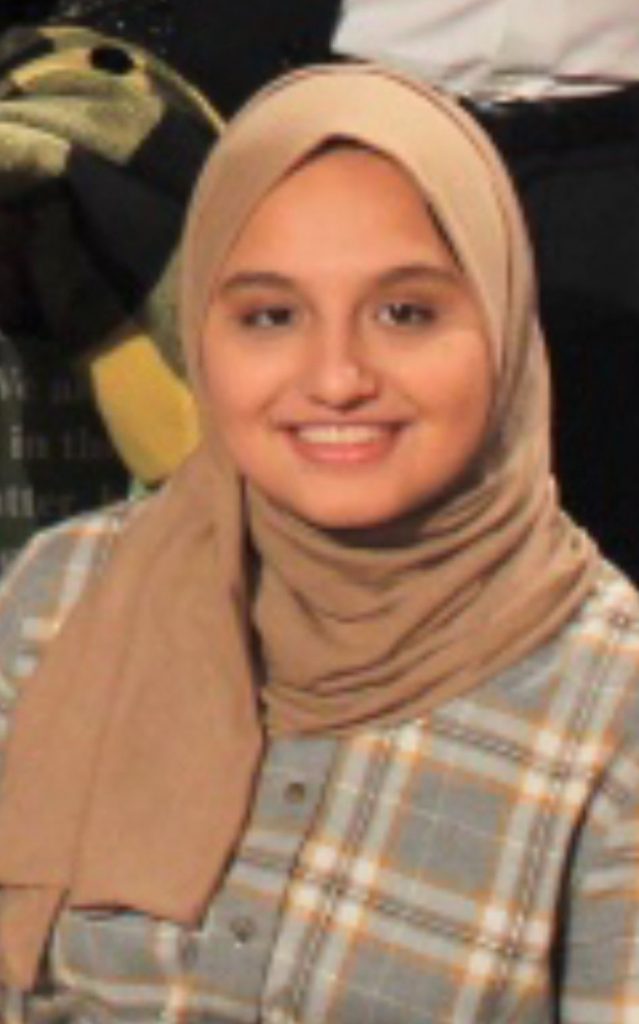
Originally from Afghanistan, Marwa has been in Ireland for six years. She lives in Lucan, Dublin with her family. She is studying law at Maynooth University.. Marwa began her Irish education at the end of first year and has a unique perspective on the education system and youth issues in Ireland. She is a volunteer with Foróige, a dedicated youth leader with the Irish Refugee Council and is pursuing her Gaisce silver medal. Marwa has experience working with the Zamir foundation, an Afghan NGO working to fight food poverty in the country. She has always wanted to work with the UN since visiting her Dad’s UN office in Kabul as a young child. Marwa is an avid writer, with one of her stories being published in Correspondences, by Jessica Traynor. She is determined to “do as much as I can to have an impact on issues for the refugee people of Ireland.”
Radwan Abouhajar (he/him/his)
(Rad-wan Aboo-ha-jar)
Languages: Arabic and English.
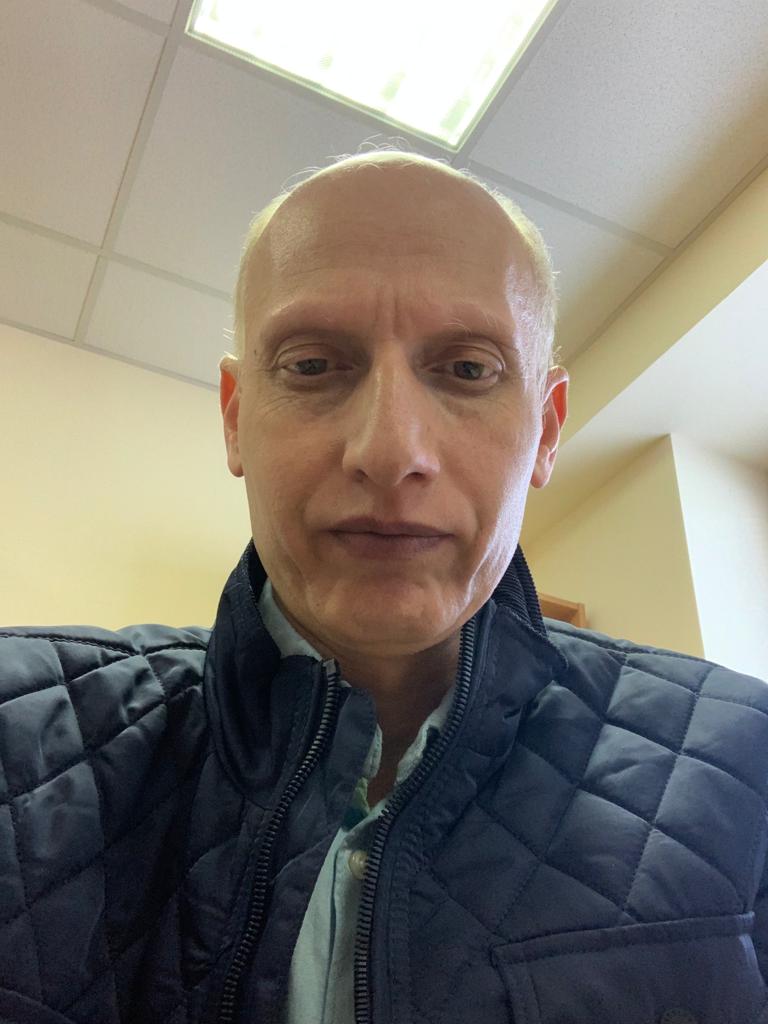
Originally from Syria, Radwan has been in Ireland for 9 years. Based in Portlaoise, he has extensive experience working across community development in Portlaoise and Offaly, including as a resettlement worker. At the moment he is working in the Community Department of Laois County Council. He has completed his Masters in Refugee Integration with DCU and is co-founder of Laois Integration Network, where he still volunteers his time. He holds a diploma in housing studies with the Institute of Public Administration (IPA) and is now studying Local Government studies with them. When he arrived in Ireland, Radwan noticed that certain Syrian vegetables were very hard to find. This led to his passion project, growing Syrian vegetables in multiple glasshouses around the midlands of Ireland. Radwan is particularly interested in employment issues for refugees and knows “there are a lot of people with skills and ideas, and I hope the Refugee Advisory Board can be their voice.”
